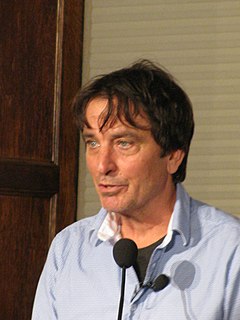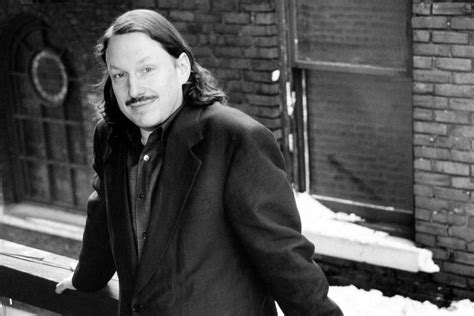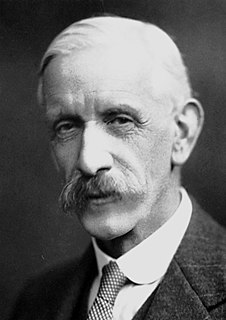A Quote by Aristotle
But also philosophy is not about perceptible substances they, you see, are prone to destruction.
Quote Topics
Related Quotes
What we also need to have a discussion on the philosophy of art: so we must ask what is it that we want in the first place? Is it just about saying and doing whatever you want, or is it about something more? We should let the artist be free, but we must also question how exactly he deals with freedom. Is it arts for elevation or arts for destruction? Is there dignity in the process?
Writers, especially poets, are particularly prone to madness. There exists a striking association between creativity and manic depression. Why are more creative people prone to madness? They have more than average amounts of energies and abilities to see things in a fresh and original way—then because they also have depression, I think they’re more in touch with human suffering.
My philosophy, one of the biggest enemies of future success is past success, because you become complacent, you become risk averse, and that's one of the things we try to drive here, and this is fundamental to this philosophy, and that's in this component change, and also in value creation. That we need to drive creative destruction, not just incremental innovations, but innovations that will change the whole nature of the business.
U.S. domestic drug policy does not carry out its stated goals, and policymakers are well aware of that. If it isn't about reducing substance abuse, what is it about? It is reasonably clear, both from current actions and the historical record, that substances tend to be criminalized when they are associated with the so-called dangerous classes, that the criminalization of certain substances is a technique of social control.
In elaborating how "philosophy by showing" works, and in defending the idea that literature and music can contribute to philosophical "showing", I am also doing something more standardly philosophical. But I view most of the book as an interweaving of philosophy and literary criticism. If that entails a broadening of a standard idea of philosophy, it's a broadening I'd like to see happen.
What is originality? To see something that is as yet without a name, that is as yet impossible to designate, even though it staresus in the face. The way it usually is with people, it is a thing's name that makes it perceptible to them in the first place.--For the most part, the original ones have also been the name-givers.
My main thesis will be that in the study of the intermediate processes of metabolism we have to deal not with complex substances which elude ordinary chemical methods, but with the simple substances undergoing comprehensible reactions... I intend also to emphasise the fact that it is not alone with the separation and identification of products from the animal that our present studies deal; but with their reactions in the body; with the dynamic side of biochemical phenomena.
A single kind of red cell is supposed to have an enormous number of different substances on it, and in the same way there are substances in the serum to react with many different animal cells. In addition, the substances which match each kind of cell are different in each kind of serum. The number of hypothetical different substances postulated makes this conception so uneconomical that the question must be asked whether it is the only one possible. ... We ourselves hold that another, simpler, explanation is possible.
Without question, we need to disarm Saddam Hussein. He is a brutal, murderous dictator, leading an oppressive regime ... He presents a particularly grievous threat because he is so consistently prone to miscalculation ... And now he is miscalculating America's response to his continued deceit and his consistent grasp for weapons of mass destruction ... So the threat of Saddam Hussein with weapons of mass destruction is real.
My position is a naturalistic one; I see philosophy not as an a priori propaedeutic or groundwork for science, but as continuous with science. I see philosophy and science as in the same boat--a boat which, to revert to Neurath's figure as I so often do, we can rebuild only at sea while staying afloat in it. There is no external vantage point, no first philosophy.









































